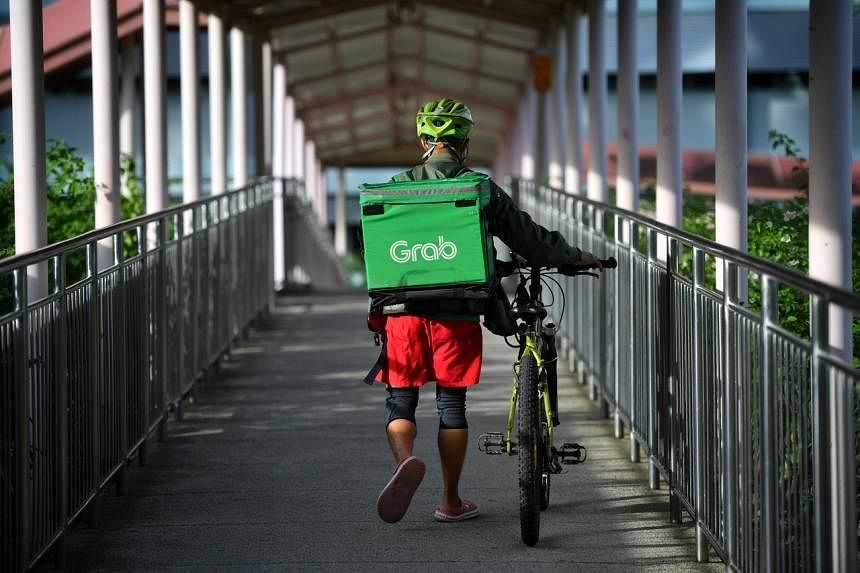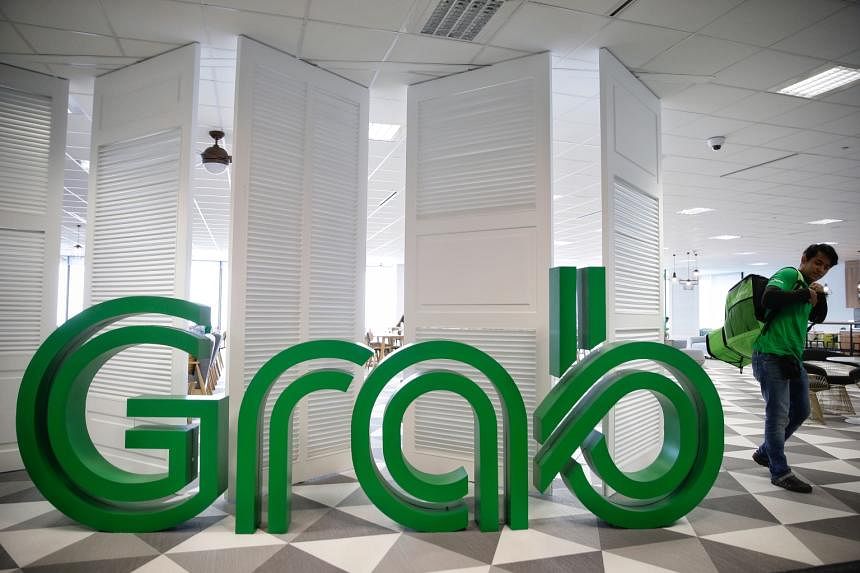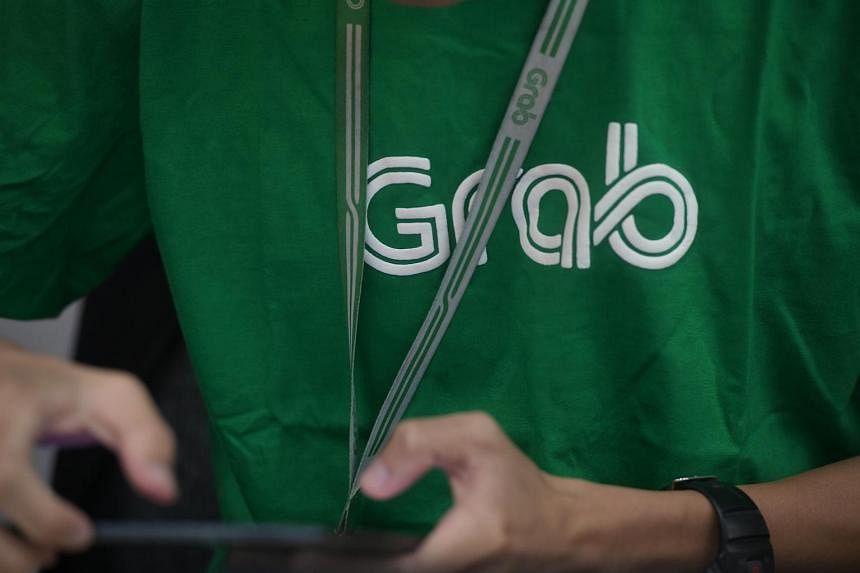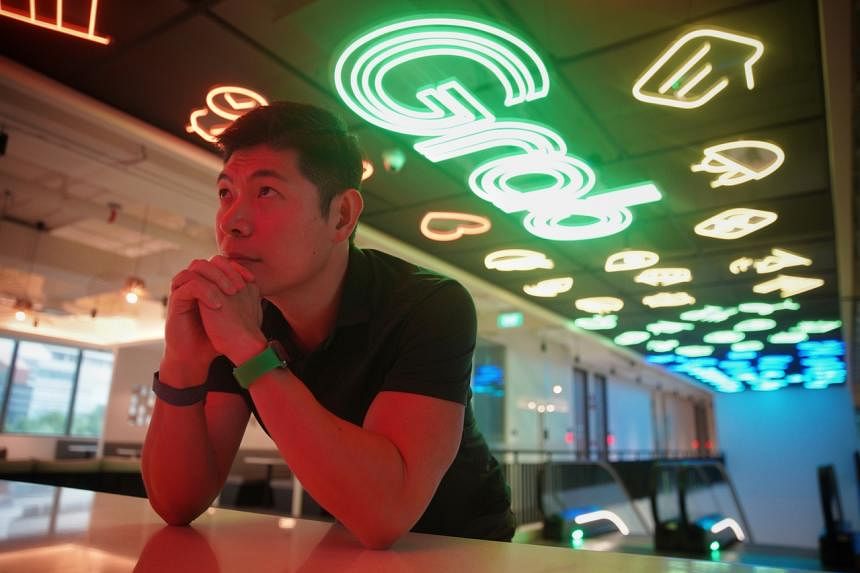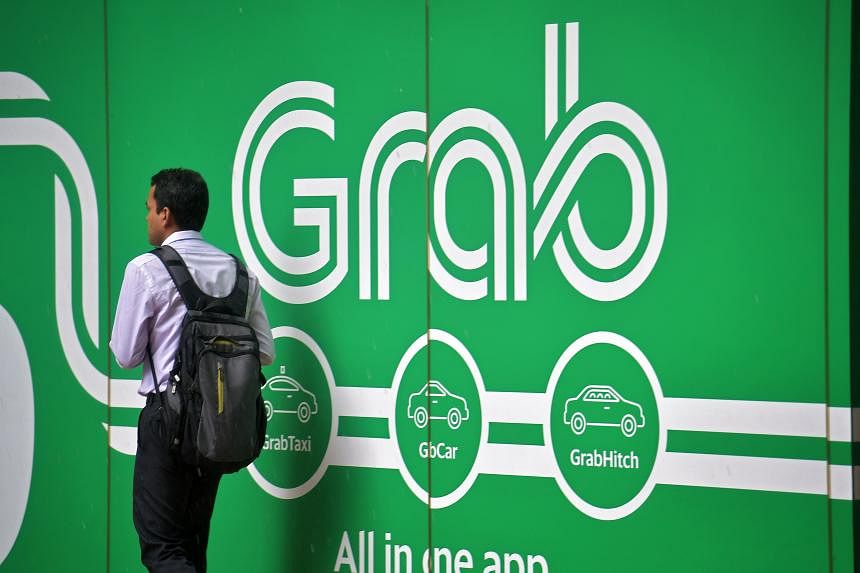- Joined
- Jul 25, 2008
- Messages
- 12,469
- Points
- 113
PropertyGuru also gave SGX the finger, chose to list on NASDAQ instead.
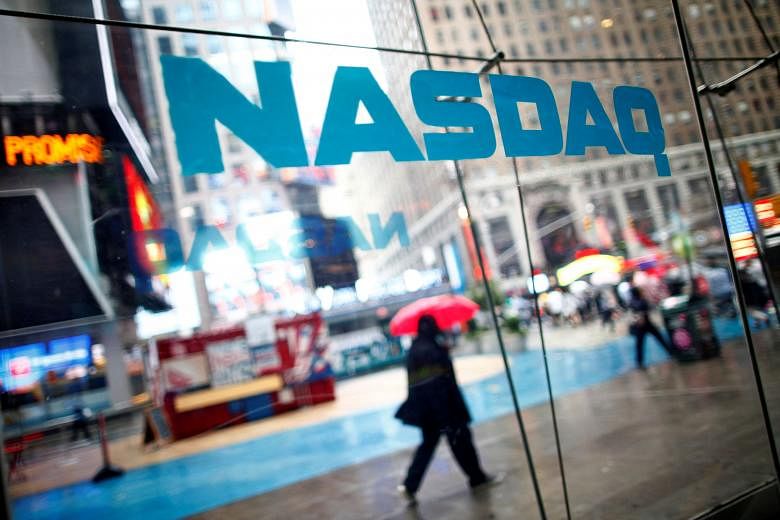
Singapore-based property-listings platform PropertyGuru is set to list on Nasdaq in the middle of this month after a business combination with Bridgetown 2 Holdings. PHOTO: REUTERS
Mar 11, 2022
SINGAPORE (THE BUSINESS TIMES) - Singapore-based property-listings platform PropertyGuru is set to list on Nasdaq in the middle of this month after a business combination with Bridgetown 2 Holdings, a special-purpose acquisition company (Spac).
This would happen after - it is assumed - shareholders vote in favour of the business combination in an extraordinary general meeting on Mar 15. Bridgetown 2 is a SPAC backed by billionaires Peter Thiel and Li Ka Shing.
The Spac merger values PropertyGuru at about US$1.78 billion.
Spacs are shell firms that raise money from institutional and retail investors via market listings, and put it in a trust for the purpose of merging with a private company and taking it public.
While the US has been a go-to market for Spacs, bourses in Asia such as Singapore and Hong Kong have recently also introduced frameworks for such listings. Since SGX introduced its Spac framework last September, three Spacs have gone public.
Spacs are increasingly falling out of favour with investors after an initial boom, following regulatory clampdowns, an oversupply of Spacs and concerns over rising interest rates.
Shares of Bridgetown 2 Holdings, for instance, are down more than 20 per cent since its market debut in January 2021.
PropertyGuru, which provides real estate services to countries in South-east Asia, saw growth in Singapore, Vietnam and Malaysia over FY2021 .
PropertyGuru posted a revenue of $100.7 million, an increase of 22.7 per cent from $82.1 million a year prior. This was also above the projected FY2021 revenue of S$97.5 million.
In Singapore, PropertyGuru increased agent subscription prices on average by 15 per cent in November 2021, which its chief executive officer Hari Krishnan last month attributed to "by rising property prices, solid agent and consumer confidence and PropertyGuru's strong market position".
The company is forecasting FY2022 revenue to grow 44 per cent year on year to $145.1 million, and is expected to be adjusted Ebitda (earnings before interest, taxes, depreciation and amortisation) positive.
Meanwhile, local online classifieds platforms Carousell is also seeking s Spac deal in the US via a merger with blank-cheque company L Catterton Asia Acquisition.
PropertyGuru to begin trading on Nasdaq on Mar 18 after Spac merger

Singapore-based property-listings platform PropertyGuru is set to list on Nasdaq in the middle of this month after a business combination with Bridgetown 2 Holdings. PHOTO: REUTERS
Mar 11, 2022
SINGAPORE (THE BUSINESS TIMES) - Singapore-based property-listings platform PropertyGuru is set to list on Nasdaq in the middle of this month after a business combination with Bridgetown 2 Holdings, a special-purpose acquisition company (Spac).
This would happen after - it is assumed - shareholders vote in favour of the business combination in an extraordinary general meeting on Mar 15. Bridgetown 2 is a SPAC backed by billionaires Peter Thiel and Li Ka Shing.
The Spac merger values PropertyGuru at about US$1.78 billion.
Spacs are shell firms that raise money from institutional and retail investors via market listings, and put it in a trust for the purpose of merging with a private company and taking it public.
While the US has been a go-to market for Spacs, bourses in Asia such as Singapore and Hong Kong have recently also introduced frameworks for such listings. Since SGX introduced its Spac framework last September, three Spacs have gone public.
Spacs are increasingly falling out of favour with investors after an initial boom, following regulatory clampdowns, an oversupply of Spacs and concerns over rising interest rates.
Shares of Bridgetown 2 Holdings, for instance, are down more than 20 per cent since its market debut in January 2021.
PropertyGuru, which provides real estate services to countries in South-east Asia, saw growth in Singapore, Vietnam and Malaysia over FY2021 .
PropertyGuru posted a revenue of $100.7 million, an increase of 22.7 per cent from $82.1 million a year prior. This was also above the projected FY2021 revenue of S$97.5 million.
In Singapore, PropertyGuru increased agent subscription prices on average by 15 per cent in November 2021, which its chief executive officer Hari Krishnan last month attributed to "by rising property prices, solid agent and consumer confidence and PropertyGuru's strong market position".
The company is forecasting FY2022 revenue to grow 44 per cent year on year to $145.1 million, and is expected to be adjusted Ebitda (earnings before interest, taxes, depreciation and amortisation) positive.
Meanwhile, local online classifieds platforms Carousell is also seeking s Spac deal in the US via a merger with blank-cheque company L Catterton Asia Acquisition.



.jpg&w=3840&q=75)

